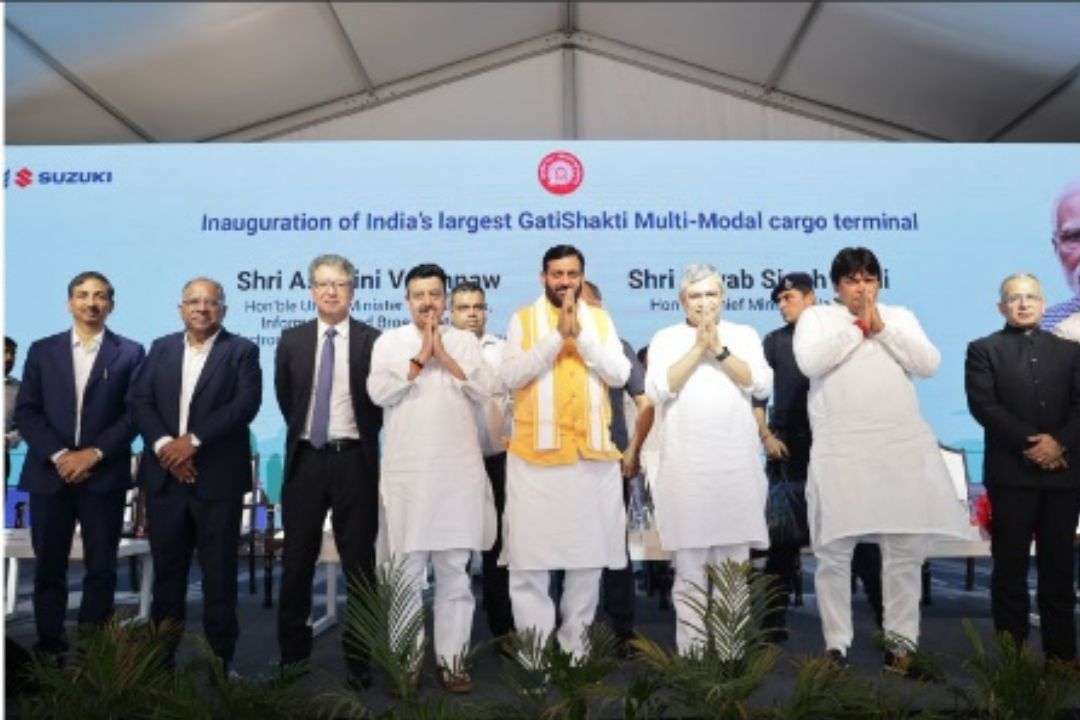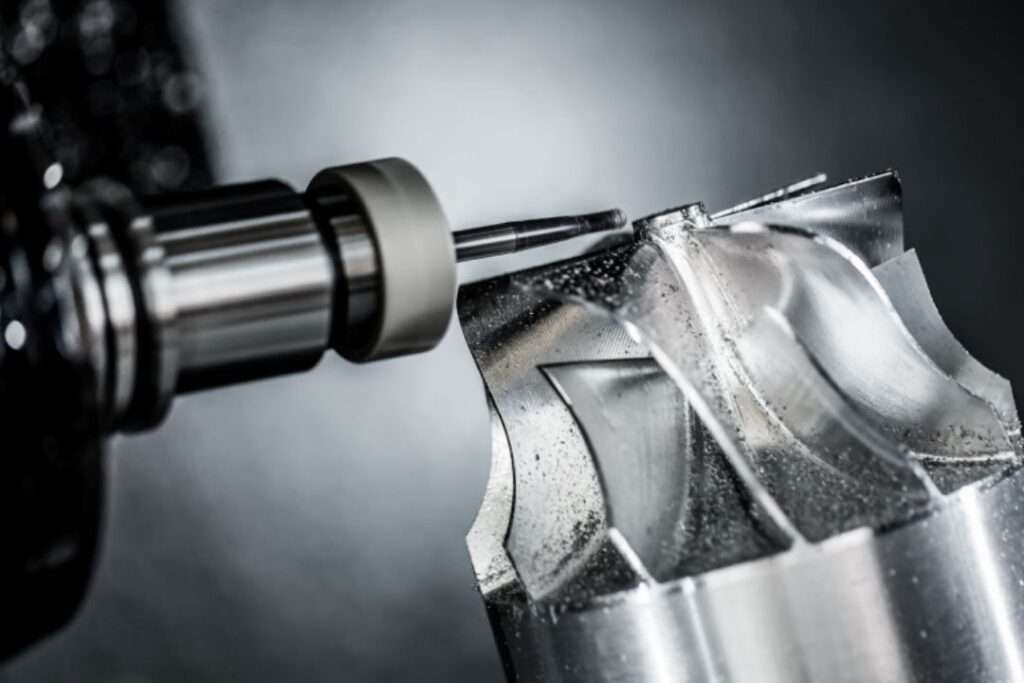Maruti Suzuki India Ltd anticipates that the share of its vehicle dispatches through railways will rise to 35% by the financial year 2030-31, as stated by the company’s Managing Director and CEO, Hisashi Takeuchi, on Tuesday. This announcement comes after the company inaugurated its second in-plant railway siding at the Manesar facility, a key part of its logistics strategy.
Over the years, Maruti Suzuki has significantly expanded its reliance on railways for vehicle dispatch. Starting with only 5% of vehicle dispatches in FY 2014-15, the company increased this figure to 24% in FY 2023-24. The new in-plant railway siding at Manesar, which is India’s largest GatiShakti multi-modal cargo terminal, will play a crucial role in further boosting this percentage.
Mr Takeuchi highlighted that Maruti Suzuki pioneered the use of railways for vehicle dispatch in India over a decade ago by becoming the first company to acquire an automobile-freight-train-operator license. Since then, the company has successfully transported over 2.5 million passenger vehicles by rail. In March 2024, the automaker further cemented its commitment to railway transport by establishing an in-plant railway siding at its Gujarat manufacturing facility.
Looking ahead, Mr Takeuchi explained that with the new Manesar facility fully operational, the company expects to dispatch 4.5 lakh vehicles annually by rail. This will push the share of railway-based dispatches to 35% by FY 2030-31, marking a nearly 40% increase from current levels. This shift is expected to lead to significant environmental benefits, with a reduction of around 1.75 lakh tonnes of carbon dioxide emissions and savings of 60 million litres of fuel annually.
The Manesar siding, part of the Haryana Orbital Rail Corridor (HORC), spans 46 acres and is equipped with a fully electrified track network. The corridor connects 17 hubs and serves 380 cities across India, including export ports like Mundra and Pipavav. Maruti Suzuki’s investment in this infrastructure—totalling approximately Rs 452 crore—underscores its commitment to sustainable and efficient logistics solutions. Since the beginning of its rail-based vehicle dispatch program in 2014-15, the company has transported 2.5 million vehicles via rail.
Maruti Suzuki is one of India’s leading automobile manufacturers, renowned for producing a wide range of affordable and reliable vehicles. A subsidiary of the Japanese automaker Suzuki, Maruti Suzuki has established itself as a household name in India since its inception in 1981.
The company is known for offering a diverse portfolio of cars, from compact hatchbacks to sedans and SUVs, catering to various customer preferences and budgets. Maruti Suzuki has played a significant role in making car ownership accessible to millions of Indians, with its focus on fuel efficiency, low maintenance costs, and strong after-sales service. With an extensive network of dealerships and service centers across the country, Maruti Suzuki continues to dominate the Indian automotive market while also expanding its presence globally.








